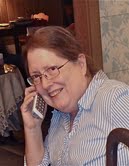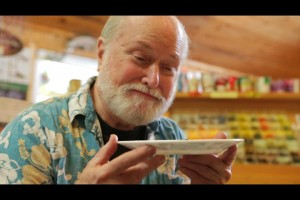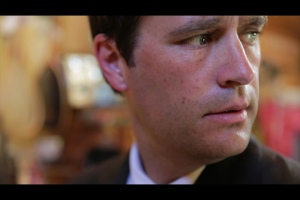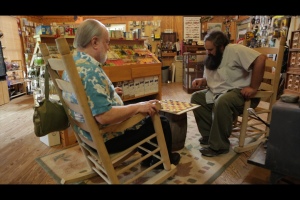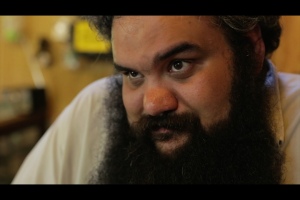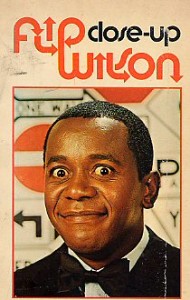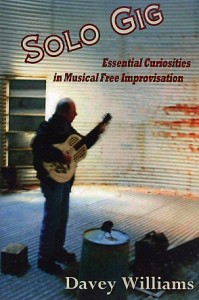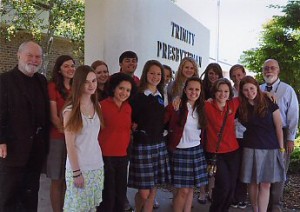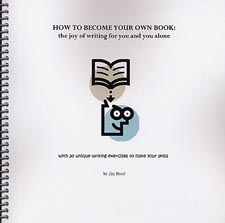Listen: http://www.jimreedbooks.com/mp3/awordhereawordthere.mp3
or read on…
Some are born editing, some try to become editors, some need editing, some editors need editing.
It’s in my DNA, I suppose. I’m in the born-editing category, and most of my family have this affliction, too.
Possessing the editing syndrome means I’m never bored. Everywhere I go, there are wondrous words, signs, sentences, paragraphs, tomes, graffiti, names, phrases—and each has its own story, its own mysterious genealogy and chronology and biography.
I’m in the Middle of Nowhere, Georgia, reading a local weekly newspaper in the lobby of an unnamed motel. It’s graduation week and all the local graduates are listed by name and photograph. This is big news in a small town, and I wish it would once more become big news in big towns, too.
Graduate names include Destiny, Arvestus, Kadijah, Gabriel, Chetavious, Ecstasy, Markenique, and a plethora of additional traditional and made-up monikers. Only name missing is Moniker Lewinsky, but that’s another story—and a bad joke, too. Anyhow, the smiling faces of these graduates emanate from such places as the Gatewood Academy for Sparkly White Kids, the Nathaneal Green Academy for Privileged Caucasians and the like, plus a healthy sprinkling of public schools with eclectic and diverse blends of students. It’s a merry mix, a cross-section of America that reveals itself in alphabetical relationships. Lots of students who probably would never be seen next to each other in real life are juxtaposed side by side in this graduation ritualized order. Hope it’s not the only time they will be stirred together in friendly amalgams. Some even get to be valedictorians and salutatorians, words I’m certain they will never, ever use in casual conversation for the rest of their lives—not counting bursts of bragging. I’d love to have been the class stentorian announcer.
Continuing my journey from neverland to somewhereland, I listen to an old pre-TV radio mystery show with the wonderful line, “She was wearing a gown that started at the floor and ended unexpectedly.” What a great piece of writing! Appears in a story “The Big Money” by Phillip Andrews. I would not edit that sentence one whit—or even two whits.
I miss the old writing. Notice how nobody every slakes a thirst anymore? Maybe they quench, but slaking is definitely out of fashion.
Then at the airport I see a sign that includes the usage VEHICLE OWNER’S and in the same sentence, VEHICLE’S OWNER’S. Stretching a point, both are actually correct—just clumsy. It’s a true American tradition to misuse apostrophes in liberal amounts, but these accidentally are almost OK.
Anyhow, I’m always stimulated by words, and I’m forever grateful whenever leaving behind yet another Motel Hell I’ve been forced to occupy—this most recent one with the slanted squishy-bottomed shower for the balance-impaired and the complimentary continental breakfast which was efficiently removed (perhaps shipped back to the Continent) a few seconds after I entered the dining area to break my fast…and the side-entrance doorlocks that never worked.
Free at last, I’m on the highway again, reading the signs and listening to the words, words, words that frame my life
(c) 2012 A.D. by Jim Reed


